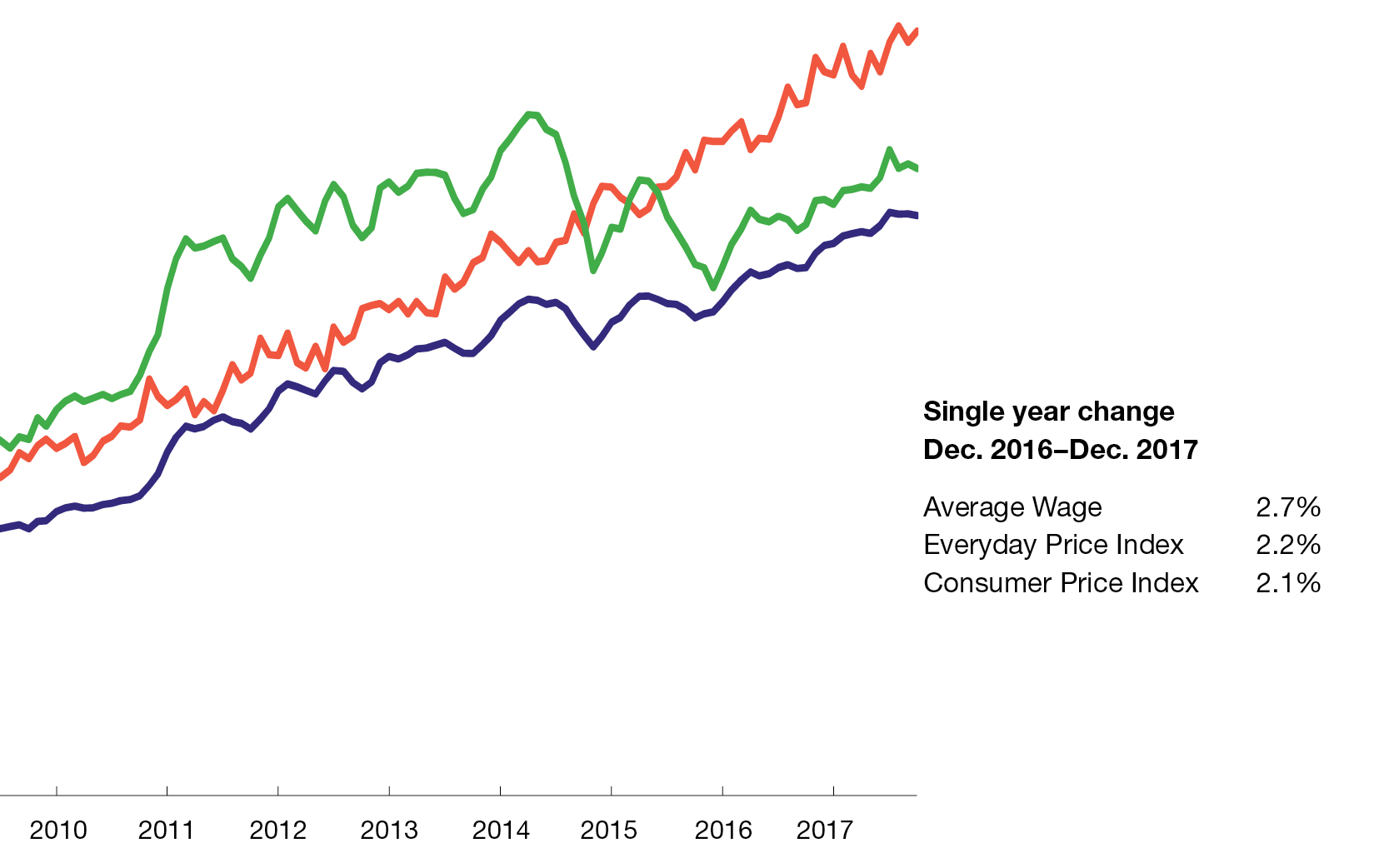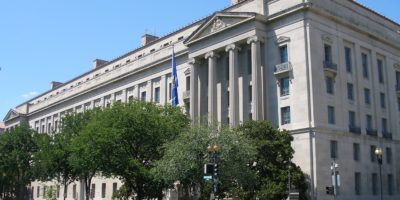Regulatory Binge Creating Thin Wallets
The Federal Register, the Bible of the U.S. regulatory state, grew by 15,634 pages in a single year — 2016 — showing the depth of costly rules flooding American commerce.
In battling the regulatory state, cutting limbs off the octopus is the thing the Trump administration could do that would most help businesses and consumers. Tax reform may get more headlines and would be welcome, but the octopus knows no bounds.
At 95,894 pages, the 2016 edition of the Federal Register was the largest ever, thanks to a surge of rules during the final year of the Obama administration. Regulation’s total cost was estimated at $1.963 trillion, equivalent to about half of federal spending and 10 percent of gross domestic product, the Competitive Enterprise Institute said in its annual survey known as “Ten Thousand Commandments.”
If U.S. regulation were a country, its cost would rank behind the GDP of India and ahead of that of Italy, CEI said.
The regulatory state is a growing and “hidden tax,” report author Clyde Wayne Crews Jr. noted while calling on the Trump White House to peel back regulations and subject them to cost-benefit analysis and regular reviews aimed at possibly eliminating them. Trump said during the presidential campaign that he favors lessening regulation.
The stealth tax amounts to nearly $15,000 per U.S. household, Crews said. He has nicknamed President Obama “the $600 billion man” in reckoning the regulatory tab between 2008 and 2016.
“Federal government spending, deficits, and the national debt are staggering but so is the impact of federal regulations,” CEI said in comments released May 31 along with the report. “Unfortunately, regulations get little attention in policy debates because, unlike taxes, they are unbudgeted, difficult to quantify, and their effects are often indirect.”
Last year, regulators issued 3,853 federal regulations, compared with 214 laws enacted by Congress and the president, an 18-to-1 ratio. The ratio, which CEI calls the Unconstitutionality Index, has averaged 27-to-1 over the past 10 years.
There are 3,318 regulations “in the pipeline,” according to CEI, with 193 of them being “economically significant,” which means the government expects them to have annual impacts on the economy of $100 million or more.
The five most prolific entities are the Departments of the Treasury, Interior, Transportation, and Commerce, and the Environmental Protection Agency, which account for 1,428 regulations, or 43 percent of the total in the pipeline, Washington-based CEI said.
The regulatory state is comprised of the White House and its administrative agencies. It got rolling in the 1920s, with some historians dating its birth to 1887, when the federal government created the Interstate Commerce Commission.
Owners of big businesses, including railroads, found regulators easier to manipulate than legislators. Students trained in German universities provided intellectual cover for the regulatory state because some German professors, engaged in an ideological battle against British-style capitalism, rejected constitutional restraints in favor of a powerful regulatory apparatus.
A late 19th-century intellectual battle between the German historical school and the generally free market Austrian school concerned whether the government or the free market can provide the most happiness and social peace. Historical-school scholars persuaded German Chancellor Otto von Bismarck to create the first modern welfare state in the 1880s. That model has generally reduced economic efficiency and growth through regulatory red tape and higher taxes, yet large-government advocates consider it a success.
The historical school and its government-knows-best outlook led to later calamities for Germany, Ludwig von Mises of the Austrian school wrote in an essay published in 1969.
“The aggressive imperialism that twice ended in war and defeat, the limitless inflation of the early Twenties, … and all the horrors of the Nazi regime were achievements of the politicians who acted as they had been taught by the champions of the Historical School.”
The regulatory state revives political absolutism of the European monarchs of old, Columbia University School of Law Professor Philip Hamburger noted in his 68-page book “The Administrative Threat,” published in May. It was the number 1 seller in Amazon.com’s category for political corruption and misconduct as of June 13.
Economic arguments are futile in stopping the march of the regulatory state, Hamburger wrote in the chapter titled “Not Just Economics.”
“The economic critique does not address the breadth of this danger. Indeed, it tends to merely protest the degree of administrative regulation and thereby it usually accepts the legitimacy of administrative power – as long as it’s not too heavy handed on business. No wonder the economic criticism has not stopped the growth of administrative power.”
The regulatory state runs parallel to the U.S. Constitution and its protections, Hamburger wrote. Article 1, section 1 of the founding document says that “all” legislative powers are to be vested in Congress, consisting of the House of Representatives and Senate.
“Administrative power also evades … many legislative and judicial processes. Administrative power thereby sidesteps many of the Constitution’s procedural freedoms.…These legal problems are forceful reasons to reject all administrative power and consider it the civil liberties issue of our time.”
Yet Congress boosts the power of the administrative state by writing vague laws that require the bureaucracy to interpret and elaborate on them.
Hamburger is also author of “Is Administrative Law Unlawful?” published in 2014, and “Matters of State: A Political Excursion,” published in 2000.
In an example showing how beleaguered some in the business world are, U.S. Chamber of Commerce blogger Sean Hackbarth called a one-year delay by the EPA in implementing an ozone-pollution rule a win for the Trump administration in its “efforts to make sense of the regulatory morass facing business.”
Yet more needs to be done, and Congress needs to get involved to, among other things, sort out permitting and to offset problems that menace economic growth, Hackbarth wrote on June 12.
Although economic arguments won’t bring the regulatory state to heel, Congress needs to push back hard and reclaim its powers to improve economic prospects for We, the People.






